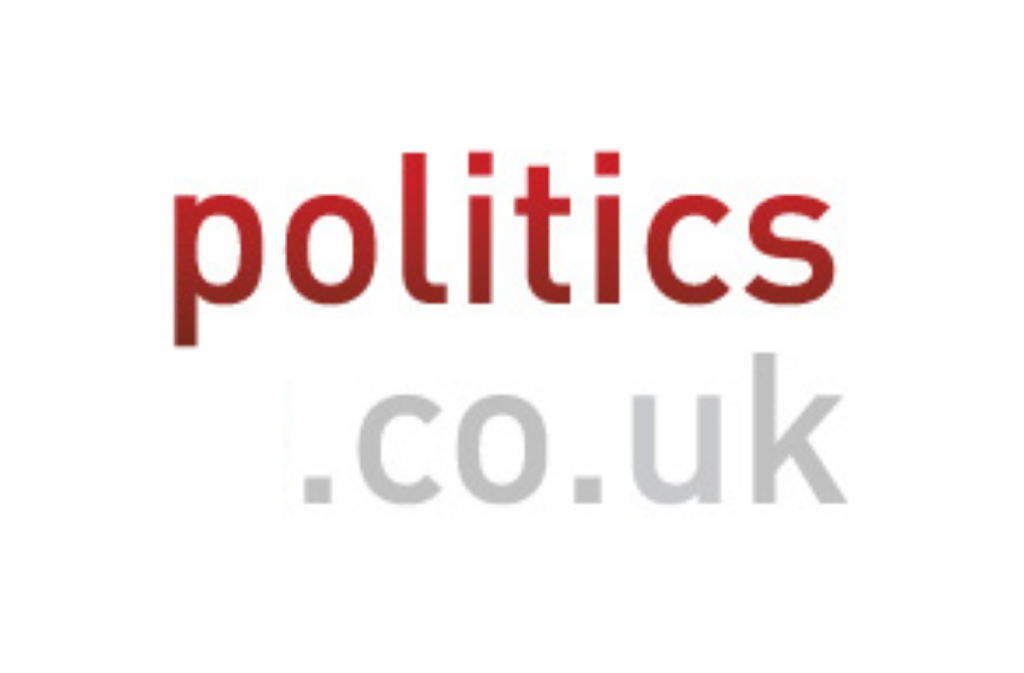India backs Blair’s war on terror
The European Union and the Indian government have vowed to work together in tackling terrorism, Tony Blair said today.
Speaking following talks with Indian premier Manmohan Singh, the prime minister reiterated his belief that only through international cooperation could terrorism be defeated.
And he indicated that he would be pressing for a “very, very strong statement” on the subject to emerge from the United Nations (UN) summit next week.
“There is no question in my mind that the international community now, in a way that I don’t think was the case a few years ago, speaks as one and speaks with not just determination but a certain degree of passion as a result of the experiences we have all had,” he told reporters.


Today’s meeting marked the beginning of a joint EU-Indian strategic partnership, which covers everything from terrorism to trade, education and climate change.
Mr Singh described his talks with Mr Blair, who was representing the EU, as “extremely good and productive”, saying they built on common values shared by India and the union as the world’s two largest democracies.
In particular he gave his country’s support to the global fight against terrorism, saying: “We have agreed that there is no place for terrorism in the civilized world and that we would work together towards fighting this.”
Mr Blair explained the partnership would be both on a practical level – sharing intelligence – and on an ideological level, saying discussions had focused on “how we take the message of peaceful co-existence and harmony and religions working together”.
Global institutions such as the UN were key to this, he said, with Mr Singh adding: “We reiterated our shared belief in the central role that the United Nations needs to play in the … world. We would also establish a security dialogue on global and regional security issues, disarmament and non-proliferation.”
Pressed on the possibility of India gaining a permanent seat on the UN Security Council, Mr Blair reiterated his support for India’s case, although he admitted Europe was divided on the issue and a consensus was unlikely to be reached.
But he added: “It seems to me very clear that if we want effective multilateral institutions then those effective multilateral institutions have got to take account of the world as it is today and not the world as it was.”
On the issue of trade, Mr Blair pointed to a $2.2 billion deal between Indian Airlines and European aircraft manufacturer Airbus as the beginning of what was an “immense capacity” for developing trade relations between India and the European.
“I think we all recognise the changes that respectively we have got to make to ensure that that happens,” he said.
In addition, the Indian government agreed to participate in the EU’s global navigation satellite system, Galileo. Mr Singh expressed his hope that this – and it participation in the international thermal nuclear experimental reactors project in France – hailed the start of greater sharing of technical knowledge.

